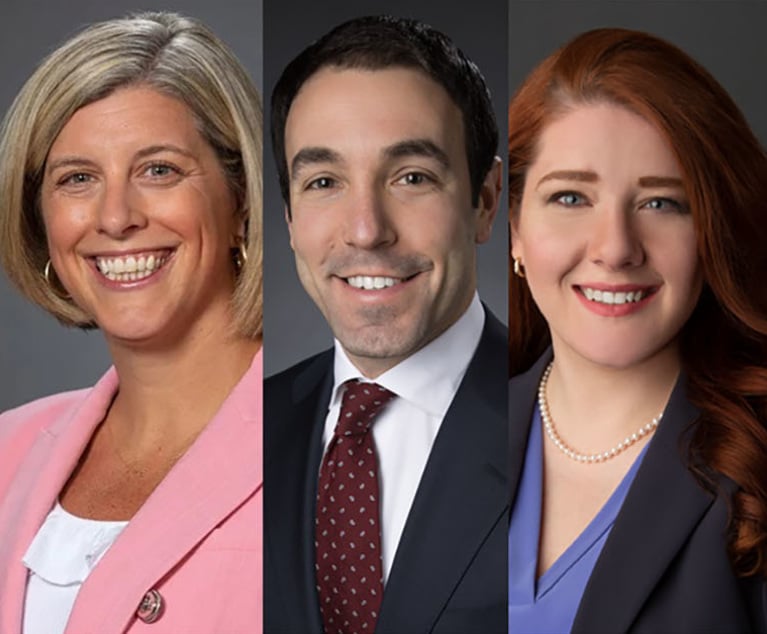As a three-judge appellate panel prepares to hear oral arguments Oct. 10 challenging the transgender military ban, the government tipped its hand weeks ago that it expects to lose.
In requesting expedited argument before the U.S. Court of Appeals for the Ninth Circuit, Justice Department lawyers explained that they wanted to hurry along the decision so as “to allow the Supreme Court of the United States the opportunity to consider these issues next term.”

 Photo: Brett Miller.
Photo: Brett Miller.








